New West Health–Gallup state rankings reveal the answers from lived experience.
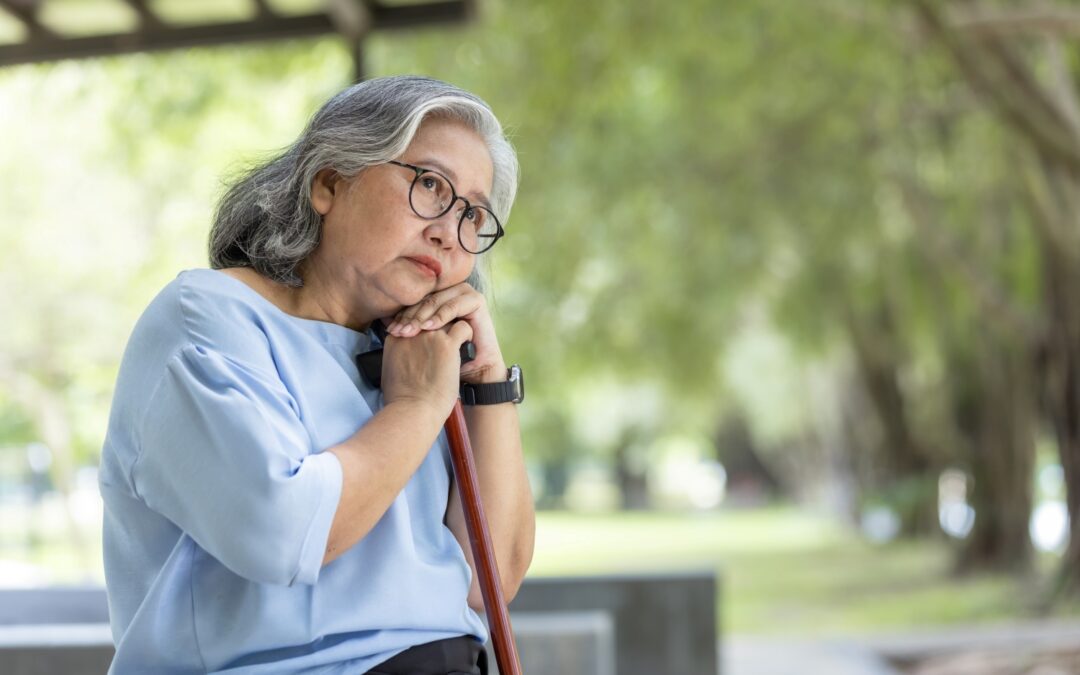

New West Health–Gallup state rankings reveal the answers from lived experience.

Activists are slowly seeing change on commuter trains in Boston and Chicago.
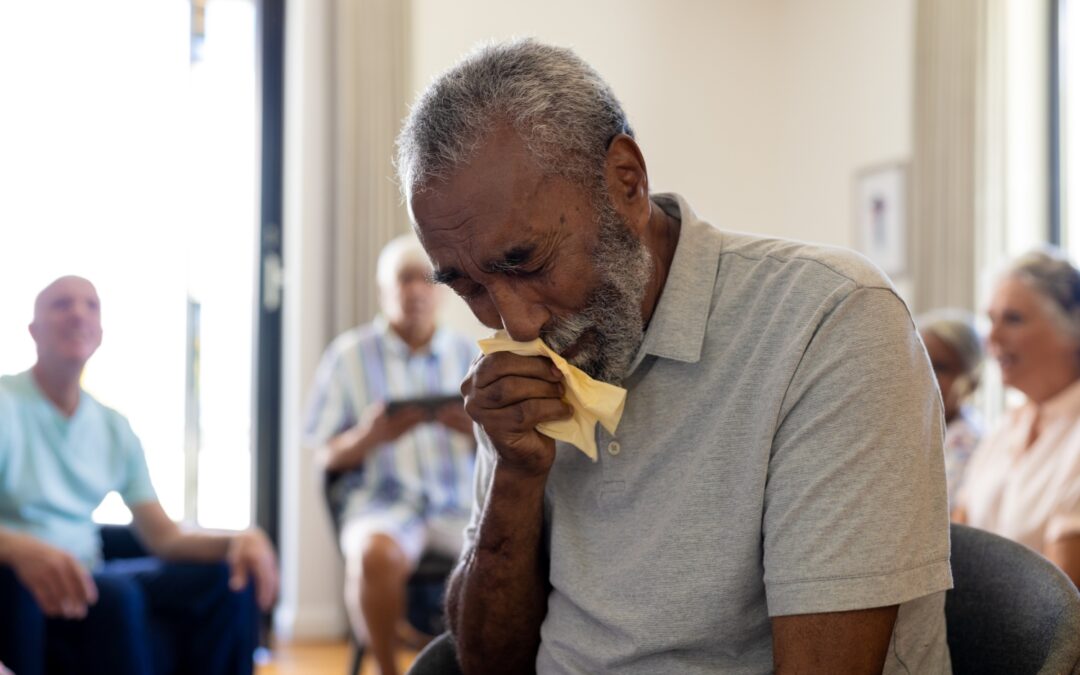
Empowering all to practice person-centered, trauma-informed care for older adults.

How retired NHLers stay healthy for their later years.
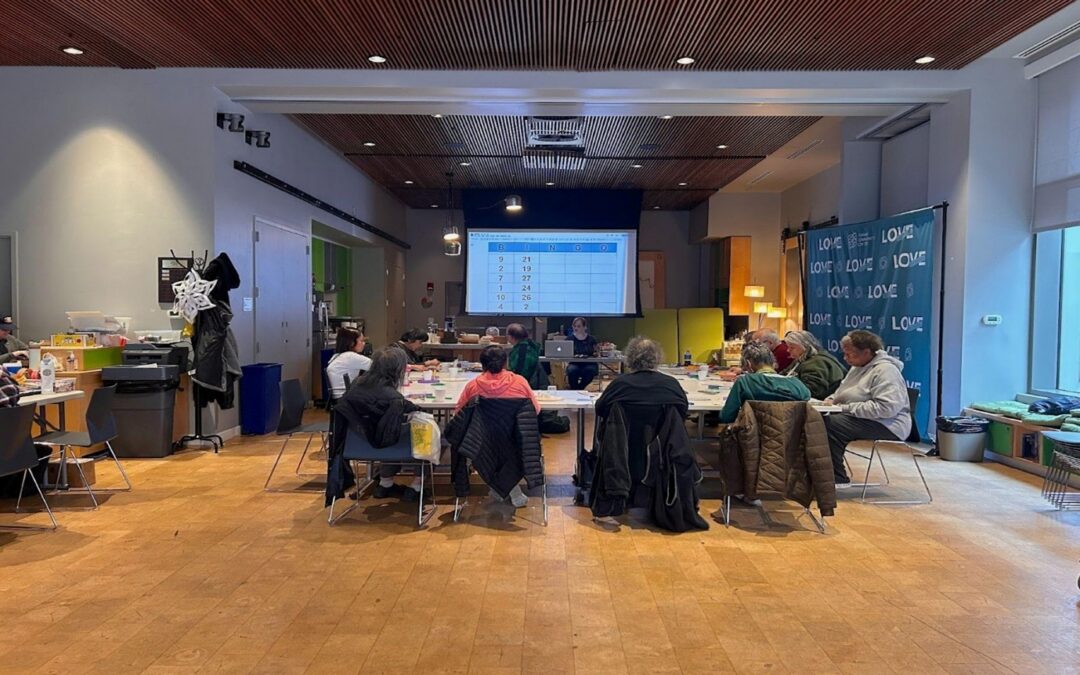
When isolation does not define retirement.
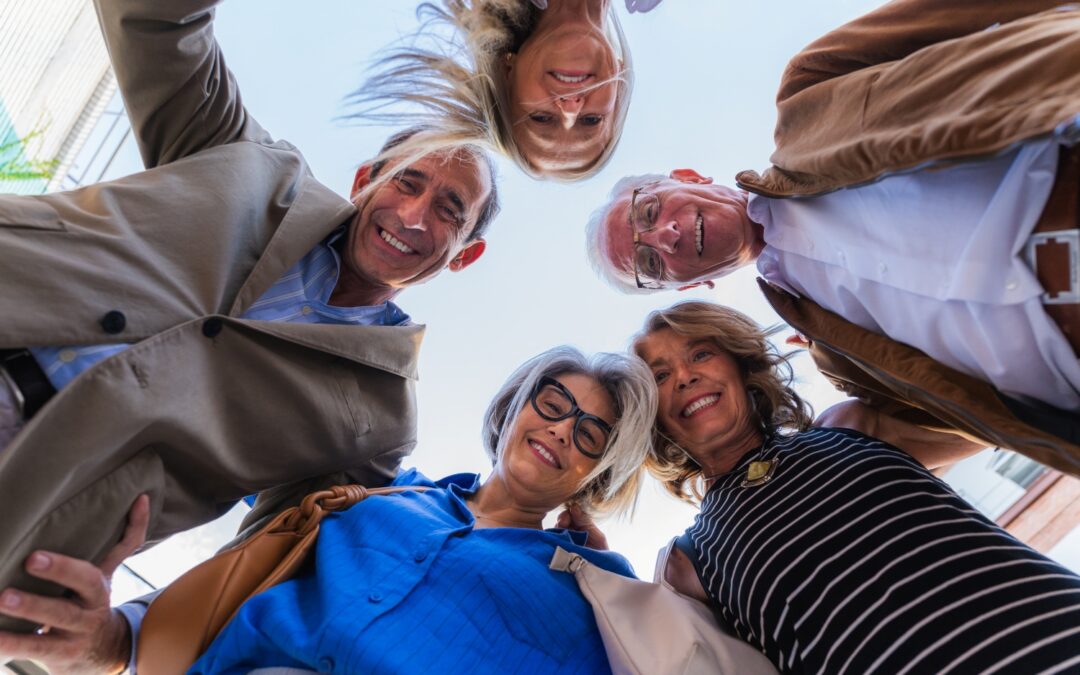
A policy argument for social health in aging.
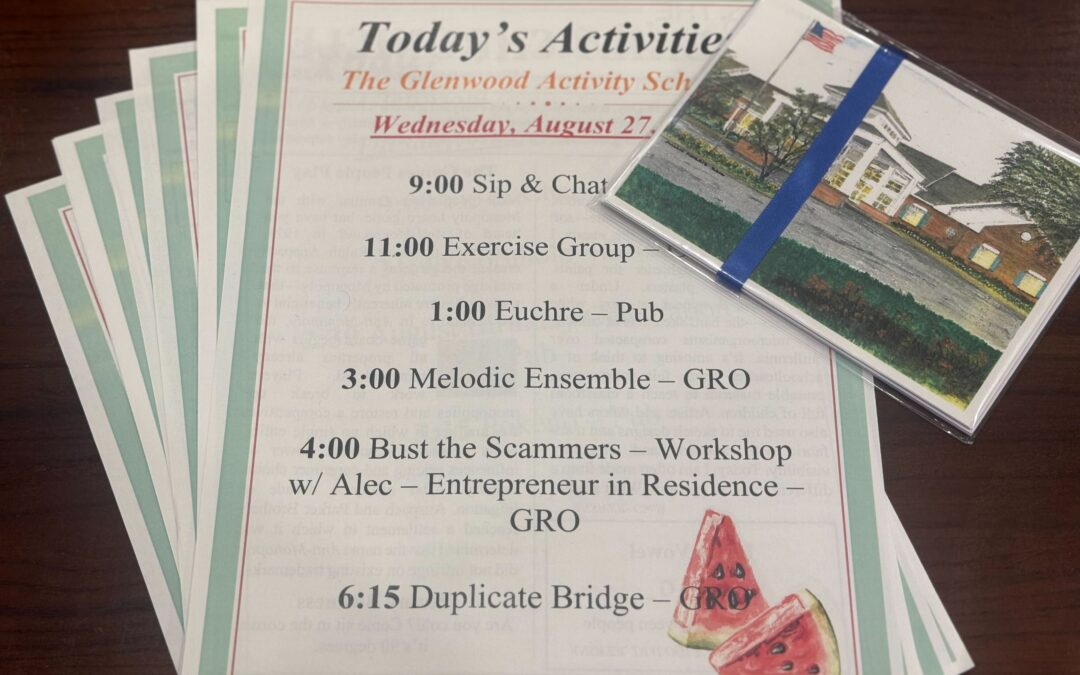
‘None of Glenwood’s energy would exist without the staff who enable, not dictate, daily life.’
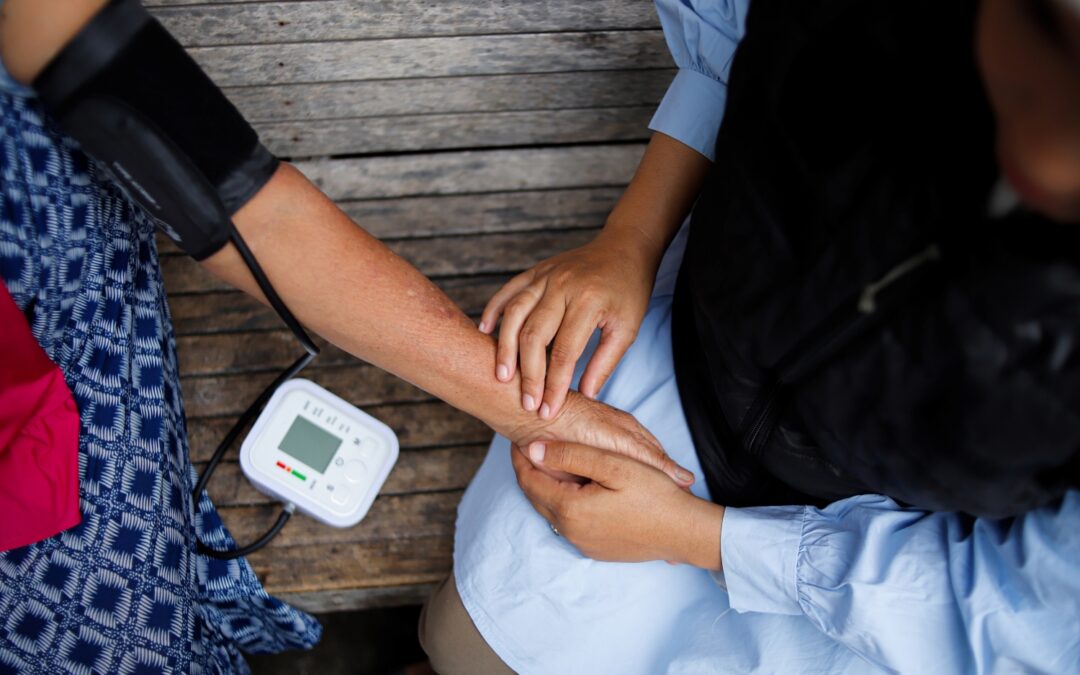
The RHTP must be paired with durable reforms to ensure rural Americans have reliable access to care for years to come.
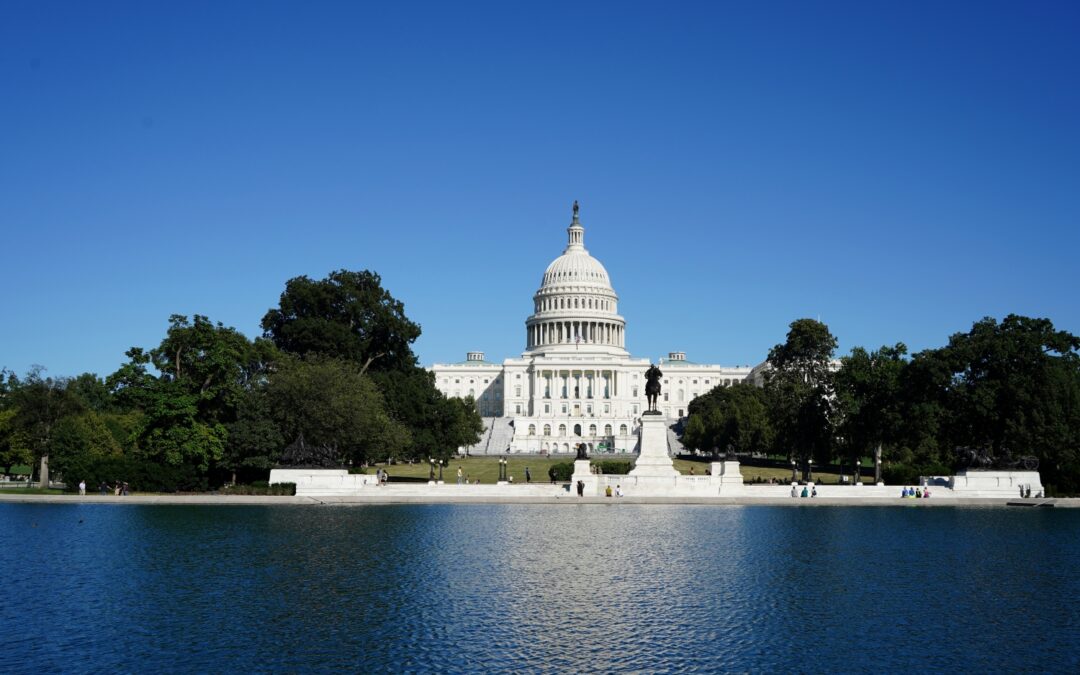
Member-advocates brought data, lived experience, leadership and compassion into conversations with Congressional offices.
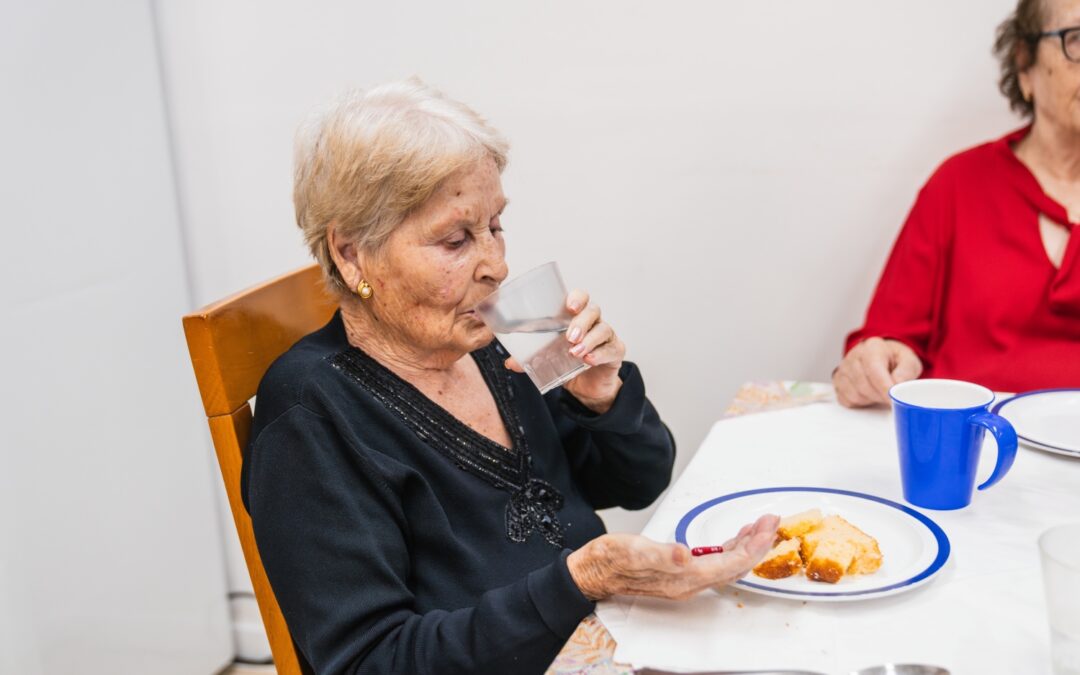
How opioids and psychotropics became a symptom of overmedicalization in our care for the young and old.

On Bad Bunny and how many centuries it has taken for Latinos to claim their belonging in the United States.
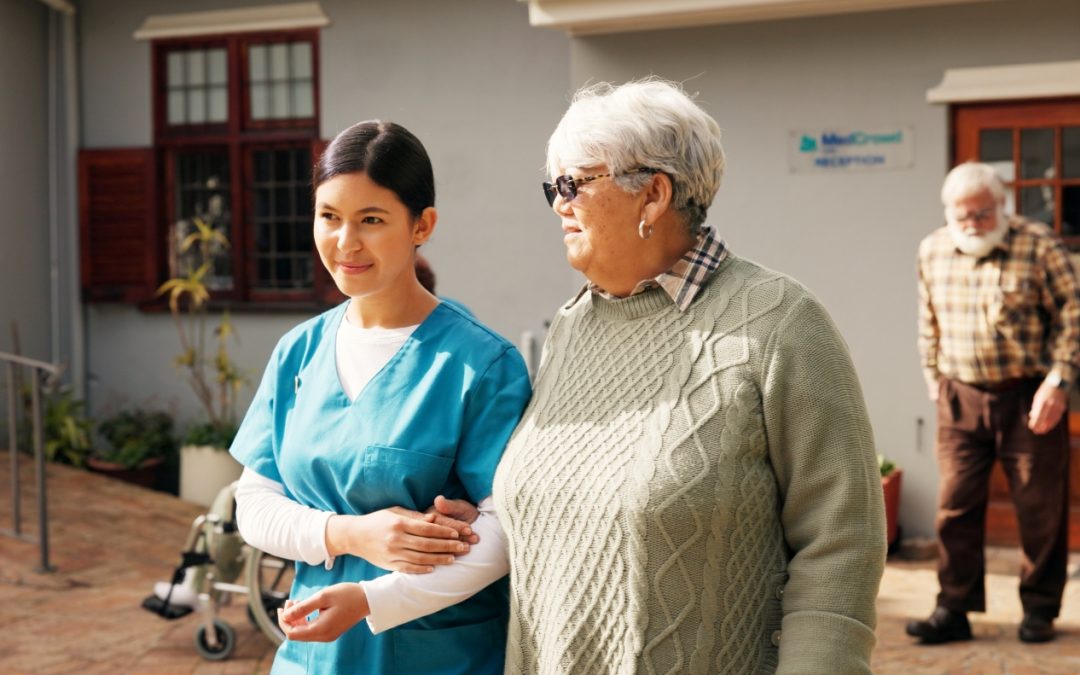
Who are paid caregivers, and how are they impacting our lives?
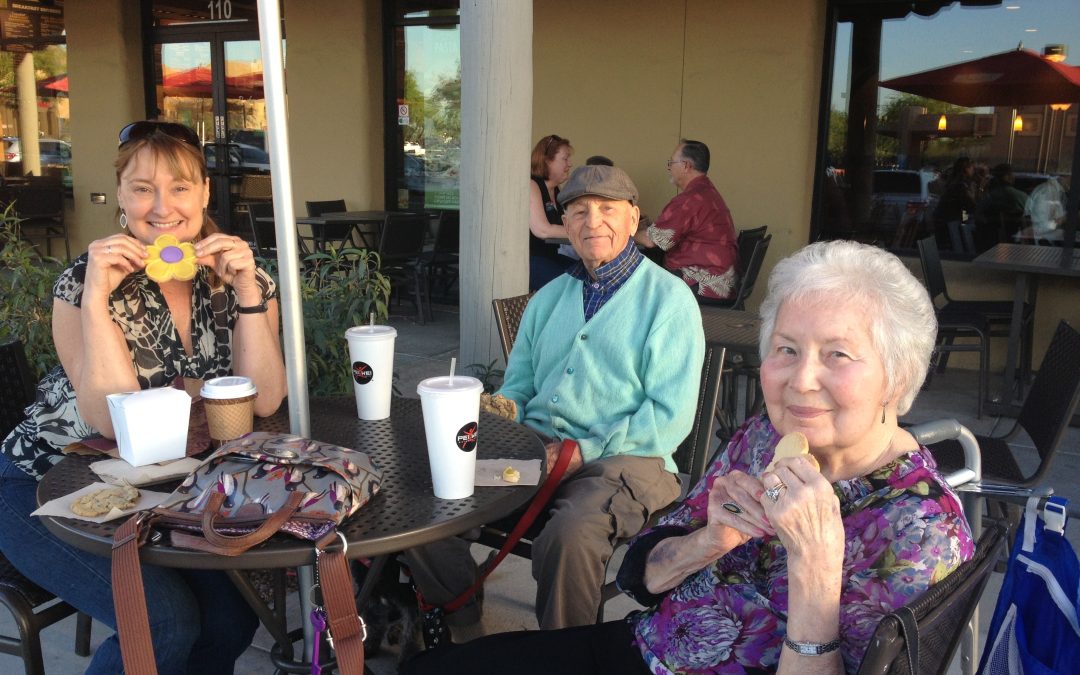
A detailed laying out of who cares for whom, prefaced by the author’s lived experience as a caregiver.
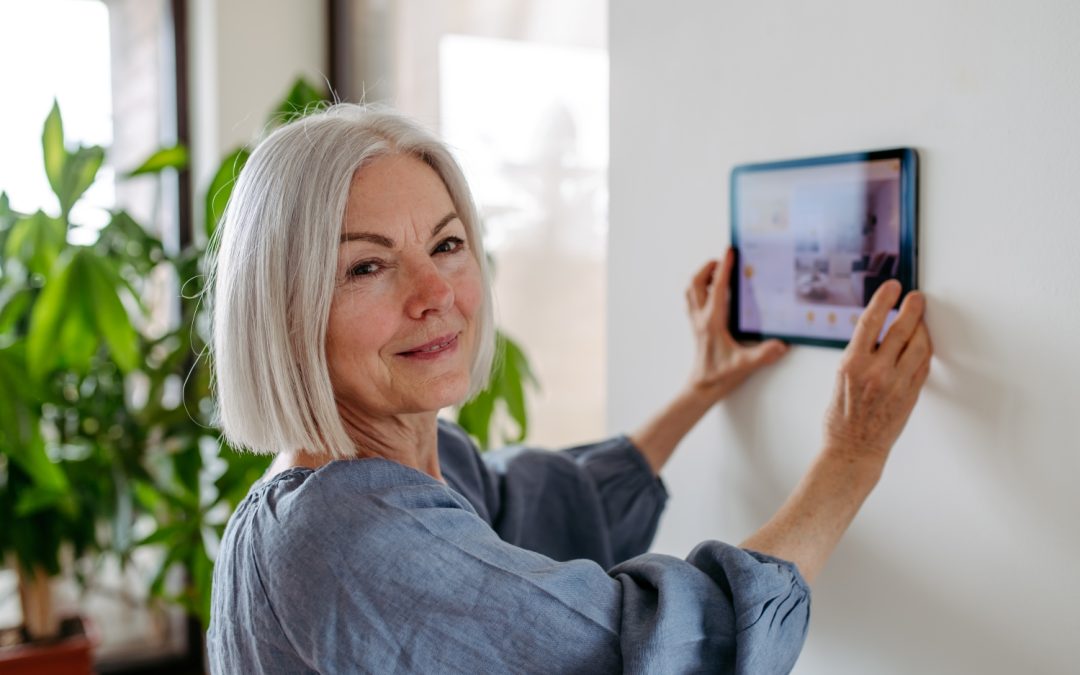
As Medicare funding declines, tech innovators should bring prices more in line with consumer needs.

Pondering the inevitability of needing care, and setting limits.
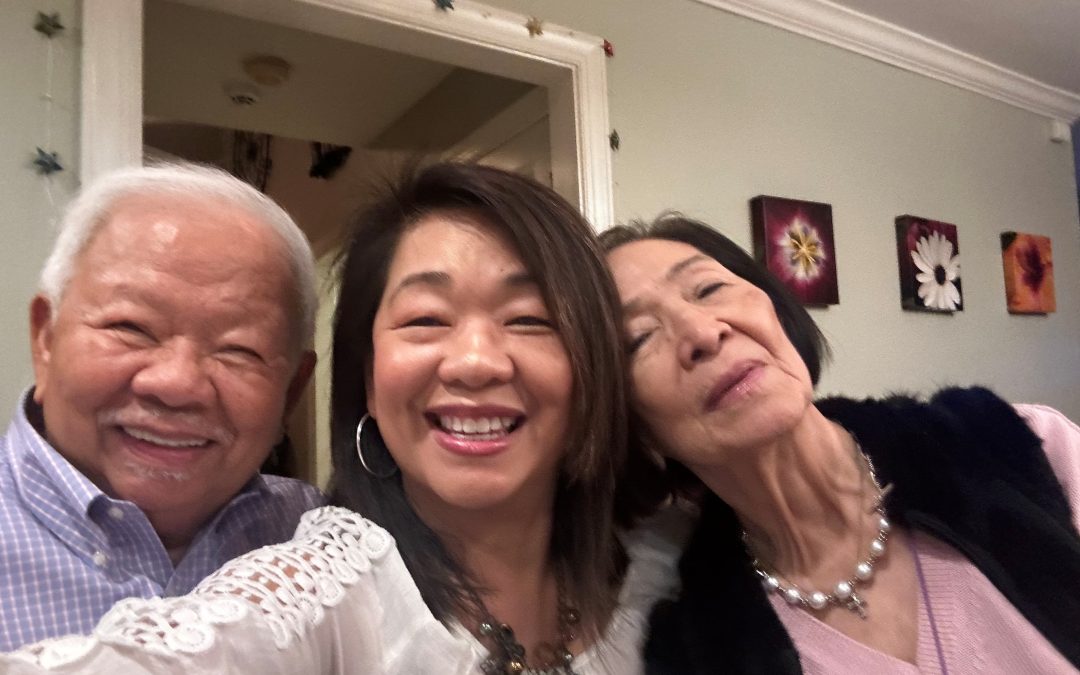
Finding a way to lighten the emotional load of caregiving, while still doing the work.
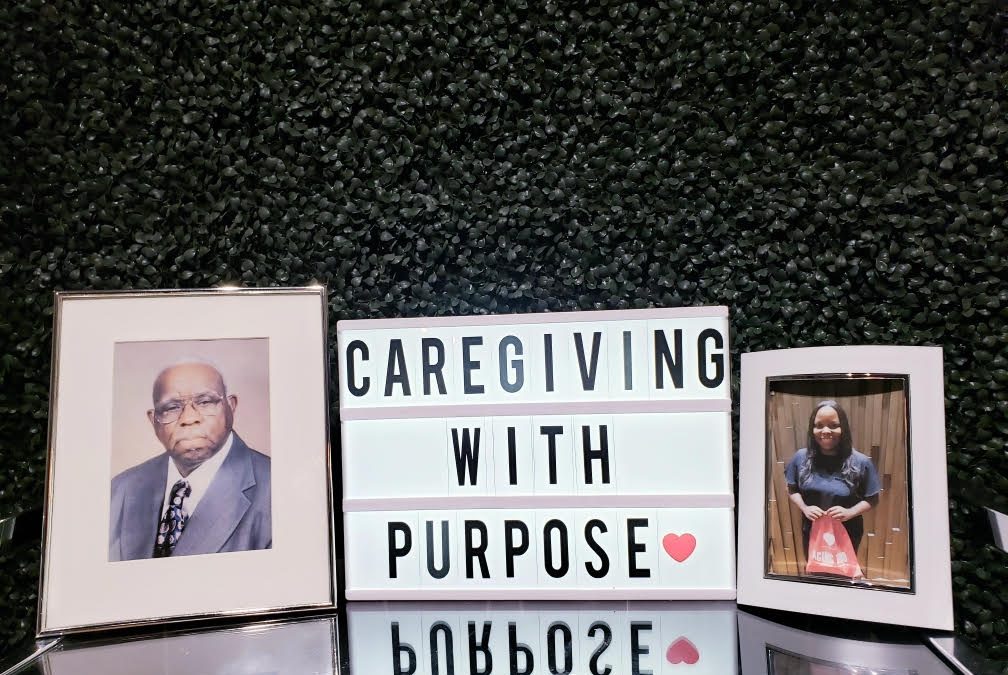
On how one caregiver’s experience taught her how to live.
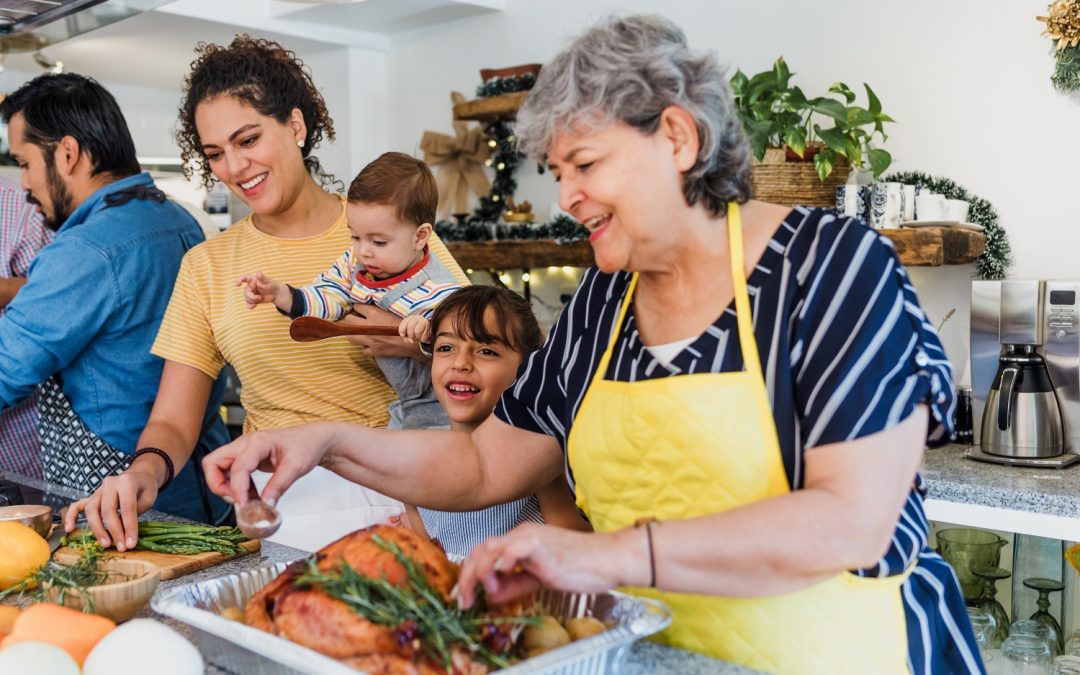
When caregiving is one’s cultural inheritance.
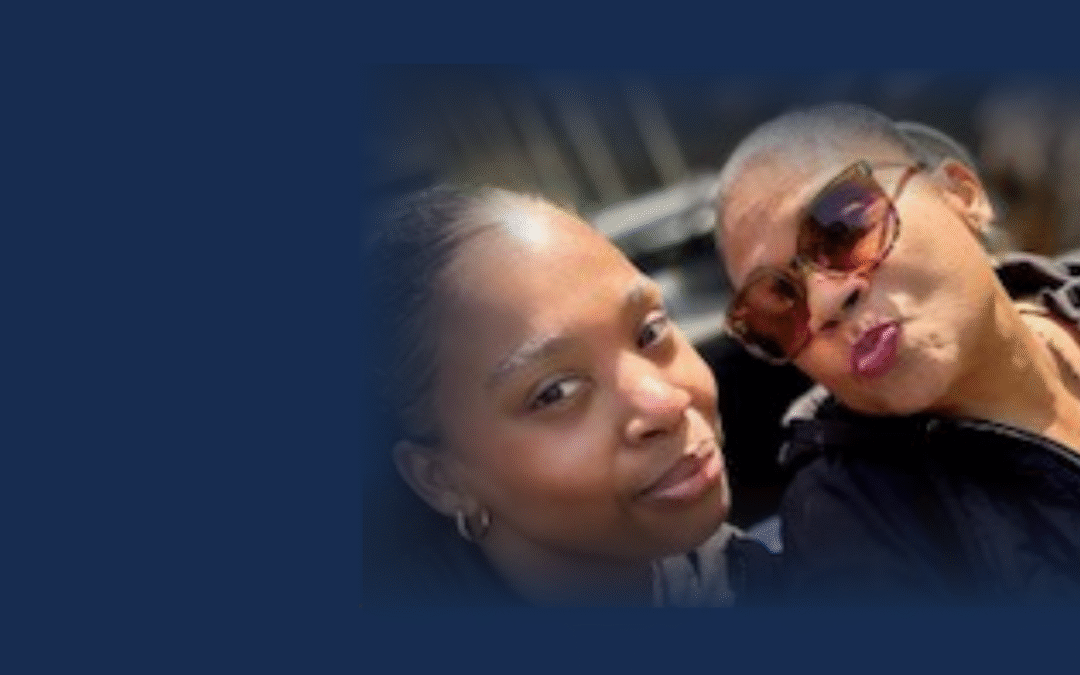
Growing up fast under the shadow of HIV.
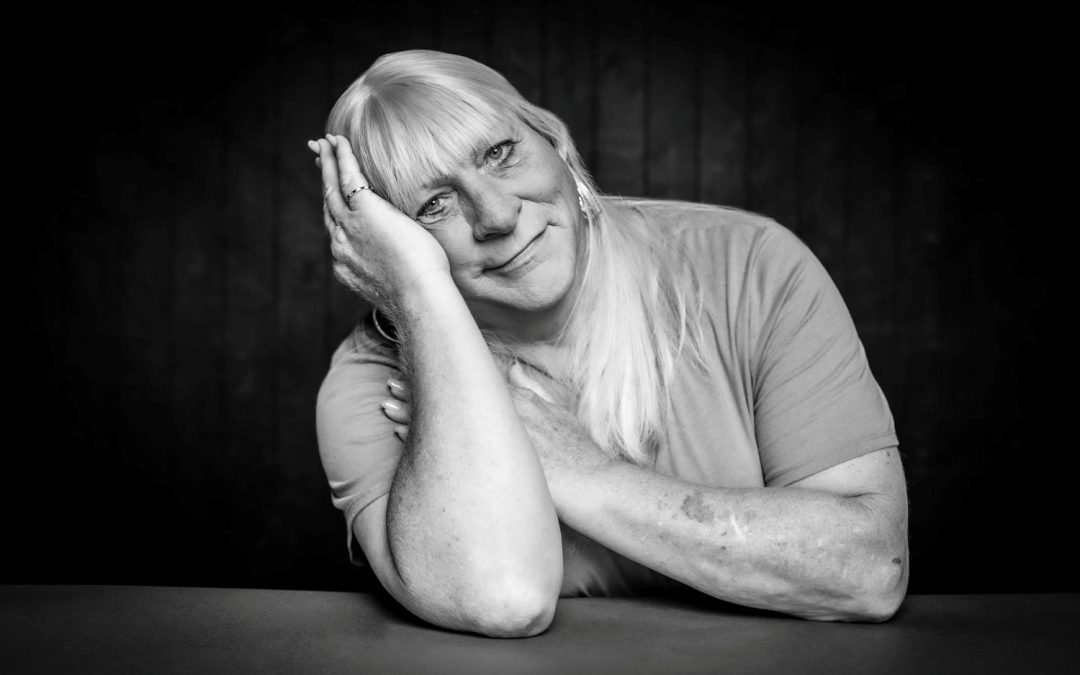
As programming is slashed and anti-LGBTQ+ rhetoric ramps up, we must fight to preserve this population’s hard-earned rights.